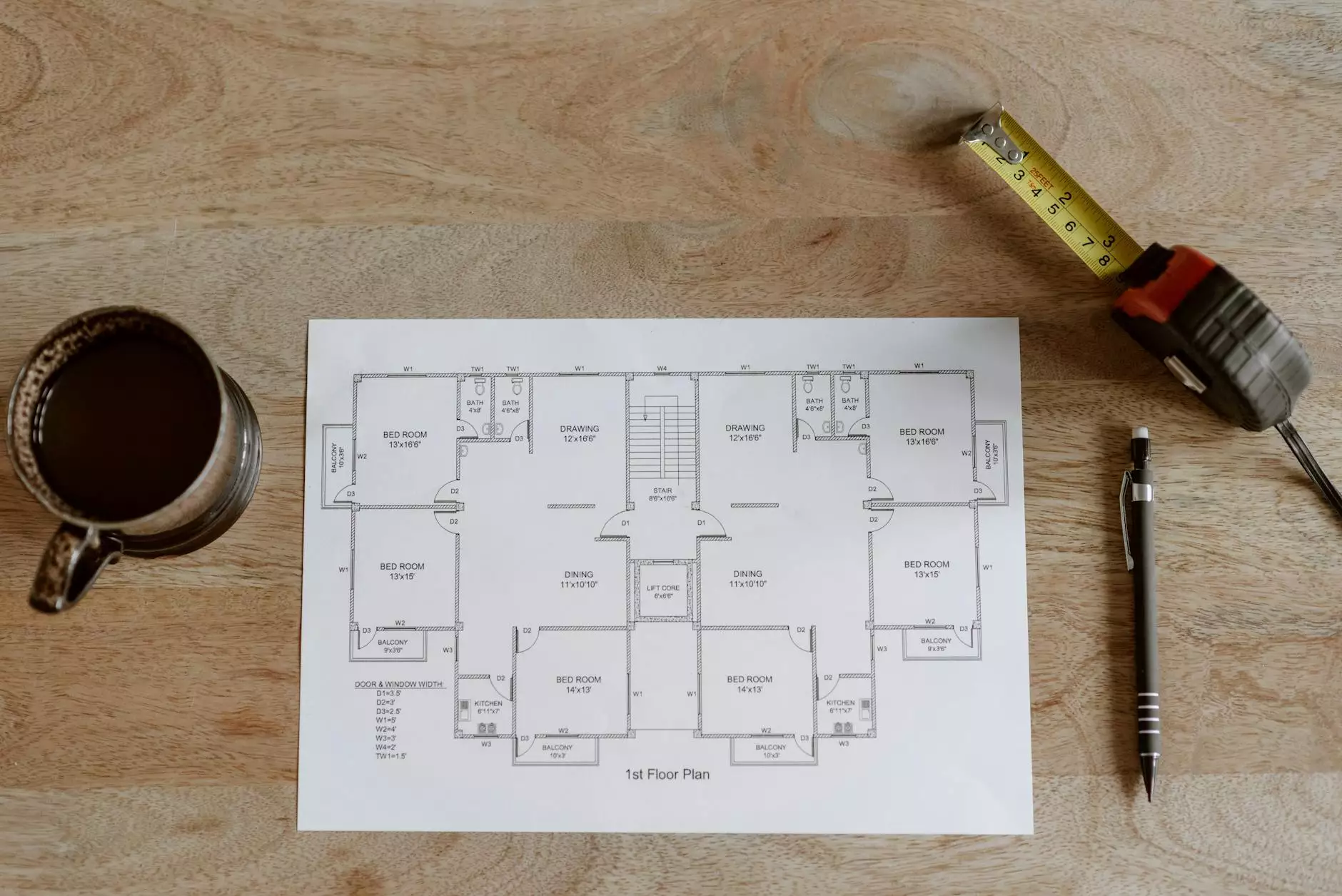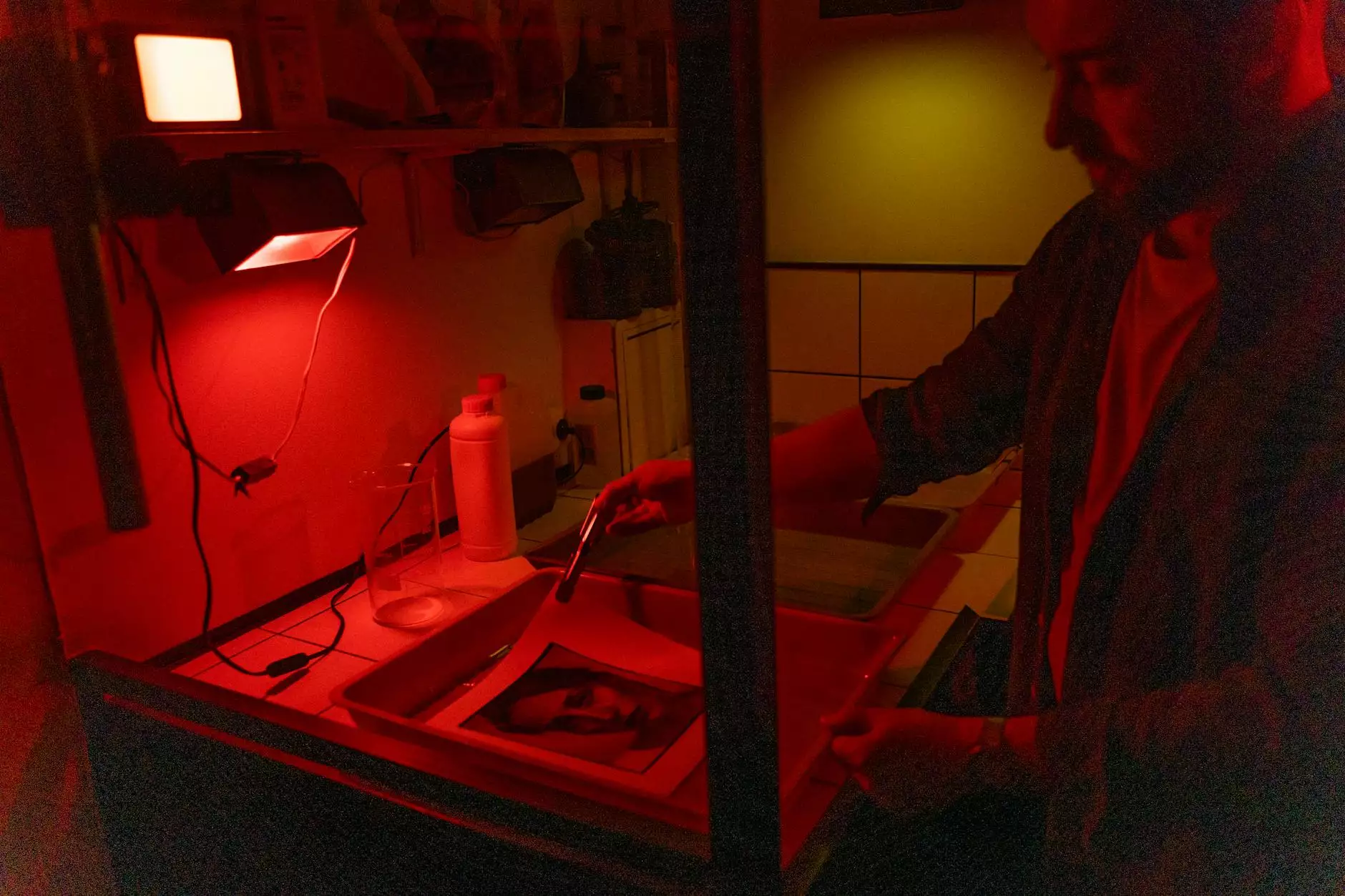NSF Grant Proposal Guide And General Advices for You

Introduction
Welcome to The Knowledge Nest's comprehensive guide on writing successful NSF grant proposals. If you are a researcher, academic, or professional working in the field of Community and Society, this guide is tailored to help you navigate the complex process of securing funding for your innovative projects.
Why NSF Grants Matter
The National Science Foundation (NSF) is a renowned organization providing significant funding opportunities to advance scientific research and foster community-driven initiatives. NSF grants are highly competitive, and a well-written proposal can significantly increase your chances of securing coveted funding.
Understanding the NSF Grant Proposal
Writing an NSF grant proposal requires careful planning and adherence to specific guidelines. The Knowledge Nest is committed to helping you understand and navigate these requirements effectively. Here, we provide you with detailed insights and comprehensive advice on crafting a compelling proposal.
Key Elements of a Successful NSF Grant Proposal
To create a strong proposal, you must understand the essential elements that NSF expects to see:
- 1. Clear Objectives: Clearly define the objectives and expected outcomes of your research project or community initiative.
- 2. Methodology: Describe the proposed methodology and explain how it aligns with broader research goals in the field of Community and Society.
- 3. Impact and Innovation: Emphasize the potential impact and innovation of your project, highlighting its relevance to the community and society at large.
- 4. Broader Impacts: Demonstrate how your project will contribute to societal advancements, broader public engagement, and educational outreach.
- 5. Budget and Resources: Clearly outline the financial resources required to successfully execute your project and justify their necessity.
- 6. Collaboration: Highlight any collaborative efforts, partnerships, or interdisciplinary approaches that enhance your project's potential.
Crafting a Winning NSF Grant Proposal
Now that you understand the key elements, let's dive into the step-by-step process of crafting a winning NSF grant proposal:
1. Thoroughly Research NSF Guidelines
Before you begin writing, carefully review the NSF guidelines specific to your grant program. Pay close attention to formatting requirements, eligibility criteria, and any additional instructions. Familiarize yourself with the evaluation criteria to ensure your proposal addresses each aspect adequately.
2. Develop a Compelling Introduction
Your proposal's introduction should grab the reviewers' attention and succinctly convey the significance of your project. Clearly state the problem you aim to address and explain why it is important in the context of the Community and Society category.
3. Clearly Define Research Objectives
Outline your research objectives with clarity and precision. Break them down into specific, measurable, achievable, relevant, and time-bound (SMART) goals. This approach helps reviewers understand the practicality and impact of your project.
4. Present a Rigorous Methodology
Describe your proposed methodology in detail, highlighting its alignment with both your objectives and the broader goals of the Community and Society field. Show the reviewers that you have a comprehensive plan in place to achieve meaningful results.
5. Emphasize Broader Impacts
NSF places a strong emphasis on projects that have broader impacts beyond academic research. Clearly articulate how your project will benefit the community and society at large. Illustrate your commitment to promoting diversity, equity, and inclusion throughout your research.
6. Highlight Innovation and Significance
Showcase how your project stands out from existing research and brings innovative approaches to address societal challenges. Emphasize the significance of your project, as well as any potential breakthroughs or advancements it may lead to.
7. Demonstrate Capacity and Collaboration
Highlight your team's expertise and track record in successfully executing similar projects. Discuss any interdisciplinary collaborations or partnerships that strengthen your project's potential impact and enhance the research outcomes.
8. Create a Realistic Budget
Present a well-structured budget that justifies the financial resources requested. Clearly explain how the funds will be utilized and how they align with the project's objectives. Provide a detailed breakdown of costs, including personnel, equipment, travel, and dissemination.
9. Review and Refine
Before submitting your proposal, carefully review and revise every section. Seek feedback from mentors, colleagues, or advisors to ensure clarity, coherence, and overall quality. Pay attention to grammar, spelling, and formatting to present a polished and professional proposal.
Conclusion
Writing a successful NSF grant proposal requires a systematic approach, attention to detail, and a compelling narrative. By following the guidelines and advice provided by The Knowledge Nest, you can increase your chances of securing funding for your Community and Society-focused research or initiatives. Remember, a well-crafted proposal not only demonstrates your expertise but also showcases your dedication to making a positive impact on society.
Good luck with your NSF grant proposal, and may your innovative ideas receive the support they deserve!
This page is brought to you by The Knowledge Nest, a trusted resource for research and grant writing support across various disciplines in the field of Community and Society.










